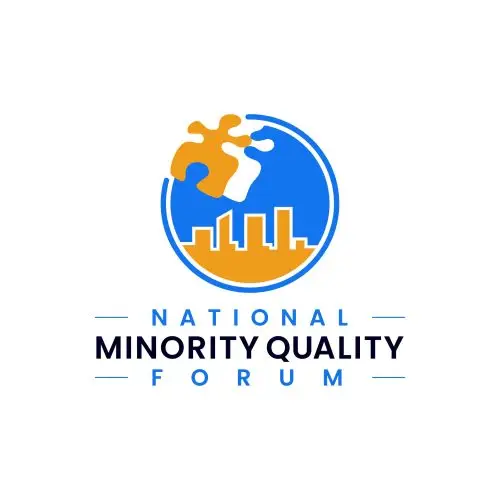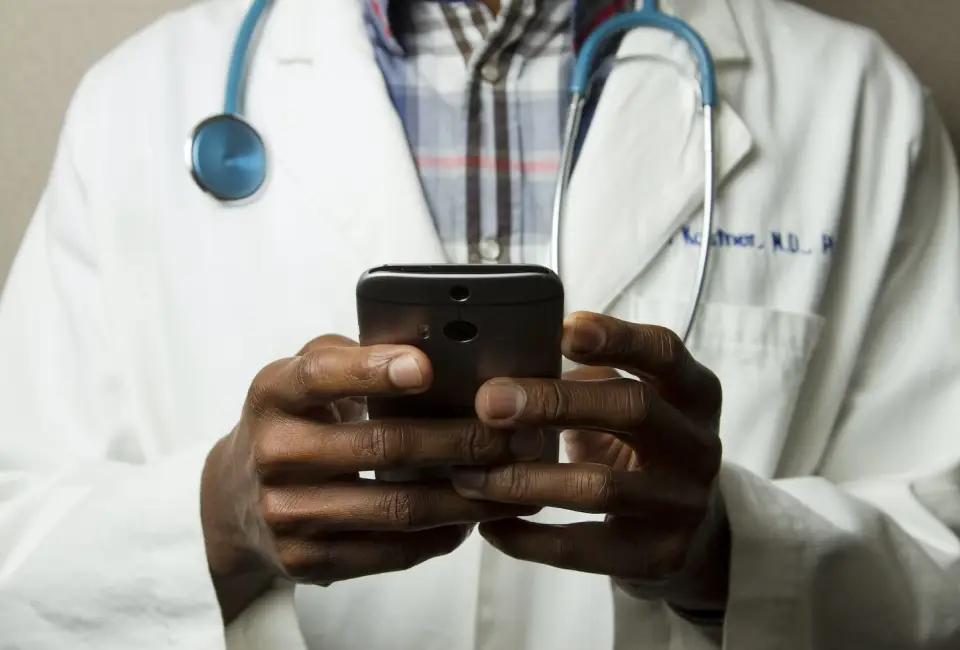ISSUES
Data Standards and Equity
The Institute for Equity is engaged with a number of partners to examine the collection of health data that will benefit patients by allowing health systems to identify health disparities and address them through programs and interventions that are tailored to augment community health, access, and culturally appropriate care.
Activities
Standardizing Race, Ethnicity, and Language (REL) and Sexual Orientation and Gender Identity (SOGI) Data
Health systems face growing pressure to collect data on patient REL and SOGI as a means of advancing health equity. National efforts to eliminate health disparities are hindered by the lack of race/ehtnic and sexual orientation/gender identity data. Collection of REL and SOGI data by health care providers, coupled with standards for collection, use, and privacy protection is one step toward eliminating disparities. Although no national consensus exists with respect to data collection, the weight of prior research, related public and private efforts, and growing diversity of the U.S. population are likely to increase demand for accurate data on REL and SOGI in health care settings.
Challenges to REL and SOGI data standardization include, but are not limited to:
- There are critical gaps in existing federal government data category definitions, reporting requirements, federal standards, and processes for data collection, use and exchange. As a result, more detailed demographic data points like REL and SOGI are unable to be collected accurately and consistently across healthcare stakeholders.
- Self-reported data is considered the gold standard, but reporting is voluntary and lacks incentives for consumers to self-identify.
- The completeness and quality of data varies widely across federal and state health care programs which results in a general lack of confidence in data accuracy, validity, and reliability.
- There are legal and privacy concerns around collection, appropriate use, sharing and storing of REL and SOGI data. Some patients and communities report fear and concern about sharing data.
Activities:
Health Data Equity Convening
The Institute for Equity held a convening to bring key stakeholders together to open a dialogue about what data we collect, how we collect it, and how we use it to advance equity in health care for all people during the Congressional Black Caucus Foundation Annual Legislative Conference.
Over 20 attendees included representatives from public, academic, and private entities, including patient advocacy organizations, potential industry partners, and executives from government as well as healthy equity representatives, clinicians, patients, etc. The convening explored such issues as: what data should be collected (for example, social determinants of health, environmental justice data, laboratory assays, administrative claims and data drawn from electronic health records) and existing best practices.




